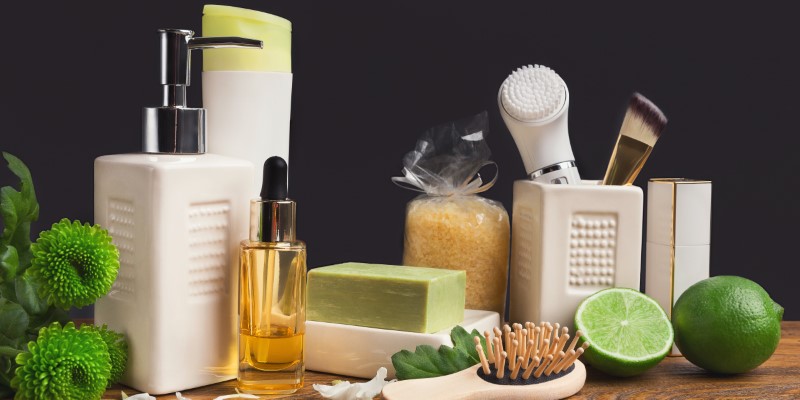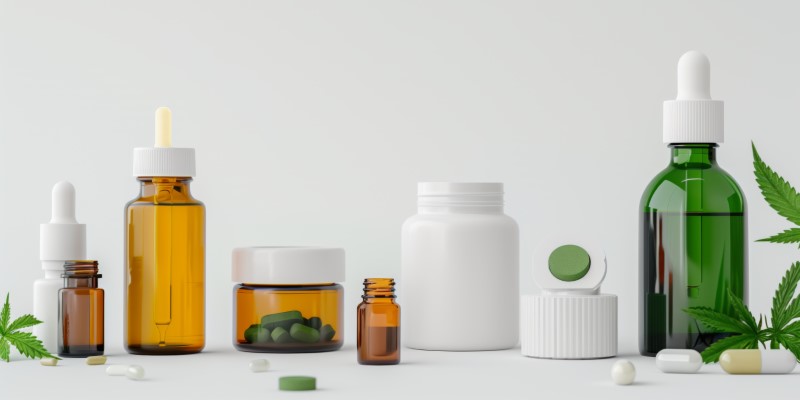In 2024, the health and wellness industry is seeing a shift in consumer preferences. While clean-label products once dominated the market, there is a growing demand for products backed by clinical evidence. Consumers, now more informed and discerning, prioritize proven health benefits over mere claims of natural or clean ingredients. This transition reflects a broader understanding that clinical efficacy matters more than marketing buzzwords. But what is driving this shift, and what does it mean for consumers and companies?
The Rise Of Evidence-Based Health Choices
Over the past decade, "clean" has taken centre stage in health and wellness. Products free from artificial ingredients, preservatives, and chemicals gained popularity as consumers became more health-conscious. The clean-label movement emphasized natural ingredients, transparency, and ethical sourcing. However, as the market became saturated with products touting "clean" labels, consumers began questioning whether clean equalled effective.
The focus is now turning towards scientific validation. Instead of relying solely on labels or claims of naturalness, people actively seek products undergoing clinical trials and studies. This trend has been fueled by greater access to information and a deeper understanding of how clinical data can guarantee results. Consumers no longer want promises; they want proof.
Consumer Skepticism Of Marketing Buzzwords
Consumers' trust in marketing claims has waned as they become more educated. Phrases like "all-natural," "chemical-free," and "organic" have lost some of their allure. This scepticism has led to a push for transparency, not just in ingredients but also in product efficacy. People want to know if a product will deliver the results it promises.
Clean products, while appealing in their simplicity, often lack the clinical backing that consumers now demand. For example, a skincare product may boast natural ingredients, but with scientific proof that these ingredients work, consumers will likely trust its efficacy. This shift has opened the door for brands that invest in research and development, proving the benefits of their products through clinical trials.

How Brands Are Responding To This Shift?
Brands have recognized this change in consumer preferences and are adjusting their strategies accordingly. Companies that once relied heavily on their clean-label credentials are now investing in clinical research to support their claims. This is particularly evident in industries like skincare, dietary supplements, and functional foods.
For instance, probiotic companies are increasingly funding research to validate the health benefits of their products. Instead of relying on broad claims about gut health, they are publishing studies that show specific strains of probiotics can alleviate digestive issues, support immune function, or improve mental well-being. Clinical studies of this nature assure consumers of the product's assurance, increasing the likelihood of purchase.
The beauty industry has also embraced clinical evidence, with many companies testing their products in controlled environments to demonstrate their effectiveness. Skincare products, once marketed solely based on their clean formulations, now often have data showing reduced wrinkles, improved skin texture, or enhanced hydration. This scientific backing appeals to consumers who want more than a pretty package or a natural ingredient list.

The Role Of Technology In Informed Consumer Choices
The internet has been crucial in empowering consumers to make better health choices. With vast information available online, people can research products, read clinical studies, and access reviews from other users. This access to data has made consumers more knowledgeable about the products they use, increasing their demand for transparency and scientific validation.
Social media has also contributed to this shift, as influencers and health experts share evidence-based opinions rather than simply endorsing products based on personal preference. Consumers quickly call out brands that make false claims, encouraging companies to be more careful with marketing tactics.
Furthermore, the rise of wearable health technology has allowed consumers to track their progress and see tangible results. Devices like fitness trackers and health monitoring apps offer real-time feedback on how a product or supplement affects their health, providing a layer of accountability for brands. When consumers can track how their bodies respond to a product, they are likelier to choose clinically proven options over those with clean labels alone.

Clean And Clinical: Can They Coexist?
While the focus on clinical efficacy is growing, the demand for clean products is still growing. Many consumers still value natural ingredients, ethical sourcing, and eco-friendly practices. However, they are no longer willing to compromise on efficacy for cleanliness. This has led to increased products combining clean ingredients and clinical backing.
For example, some skincare brands use plant-based ingredients that are also clinically tested for effectiveness. These products appeal to consumers who want the best of both worlds: natural formulations proven to work. This combination of clean and clinical is likely to become the new standard in the health and wellness industry as consumers continue to demand safety and efficacy.

The Future Of Health Product Marketing
As consumers prioritize proven results, how health products are marketed will continue to evolve. Brands that want to stay relevant must focus on transparency, providing detailed information about the ingredients they use and the research behind them. In the future, we can expect to see more products with explicit, data-driven claims and an increase in independent testing and certification to verify those claims.
Furthermore, regulatory bodies may play a more significant role in ensuring that health products live up to their marketing promises. Stricter guidelines around what can be labelled as "clinically proven" could help to protect consumers from false claims, creating a more trustworthy marketplace.

Conclusion:
In 2024, the health and wellness landscape is evolving. While still important, clean labels are no longer enough to convince consumers. People want products that are backed by clinical evidence, ensuring that they are both safe and effective. This trend reflects a more informed and discerning consumer base that values science over marketing. For companies, this means investing in research and transparency to build trust and credibility in an increasingly sceptical market.
Consumers are ultimately seeking efficacy. As more products undergo clinical trials and studies, the future of health products will likely be a blend of clean ingredients and proven results. Brands that can deliver both will emerge as leaders in this new era of health and wellness.














